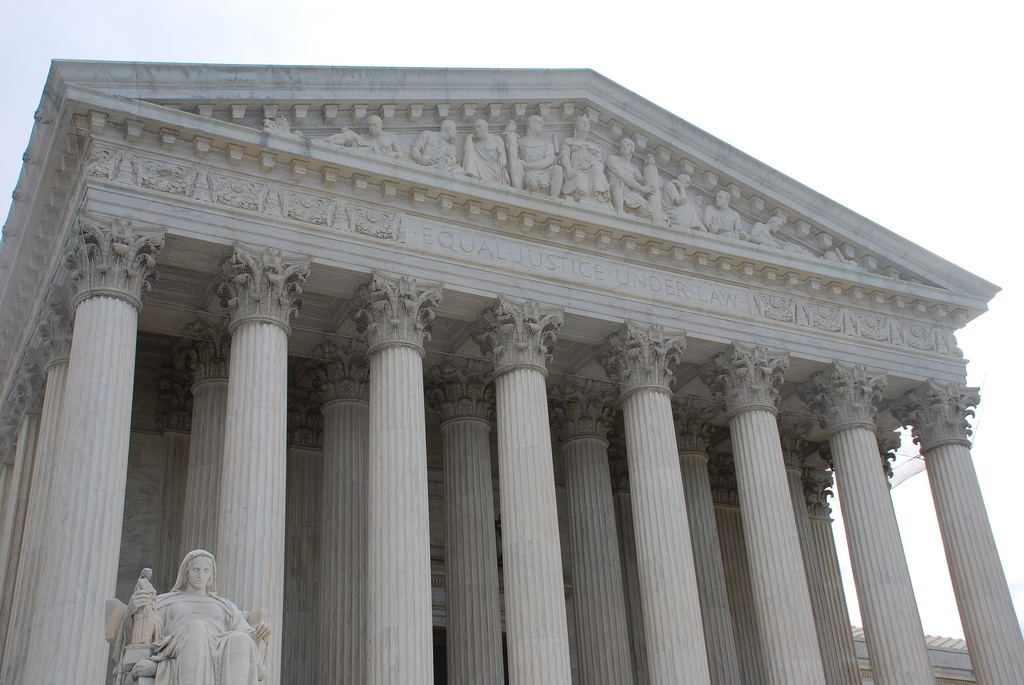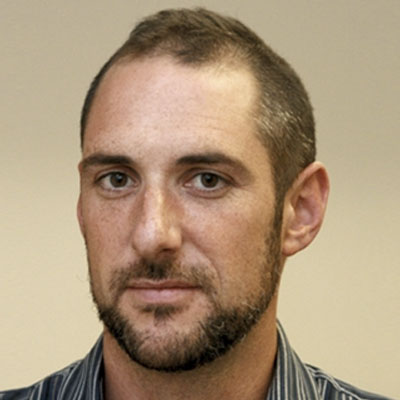If the Supreme Court is looking for a middle ground in Wiley v. Kirtsaeng, it's going to be hard to find. That copyright case, argued this morning, could have a big impact on resale markets around the country.
It's impossible to know from reading into oral arguments which way the court will go. Questions from the bench today show the justices are seriously concerned about the possible effects on resellers of common goods, as well as legal obstacles that could be created for museums and libraries. At one point, Justice Stephen Breyer grilled Wiley's lawyer about how a victory for his side would avoid interfering with the sale of millions of used Toyotas.
At the same time, at least some justices are concerned with copyright owners' right to engage in "market segmentation," and charge different prices in different countries. As for the grad student turned book-importer who challenged that system, Supap Kirtsaeng, there wasn't much sympathy to be found. Justice Elena Kagan casually referred to him as a "rogue" at one point.
The case started in 2008, when textbook manufacturer John Wiley & Sons sued Supap Kirtsaeng for re-selling textbooks he bought in Thailand on the cheap. Wiley argues that by importing and selling the books without permission, Kirtsaeng violated copyright law—even though the books aren't pirated, they're simply cheap foreign editions. Wiley won its case at the US Court of Appeals for the 2nd Circuit, and now the stakes have become higher. Kirtsaeng's inability to win the case on "first sale" grounds has alarmed an array of groups—from retailers to museums and libraries—all of whom believe copyright owners might interfere with their own resale and lending.
A "parade of horribles" comes to life
Wiley's lawyers said those imagined consequences (content company lawyers messing around with garage sales or library lending) were wild speculation, a 'parade of horribles' used to sway the case their way. Under questioning, though, he admitted that copyright owners might need to be asked permission for some activities—even by non-profits like museums.


 Loading comments...
Loading comments...
